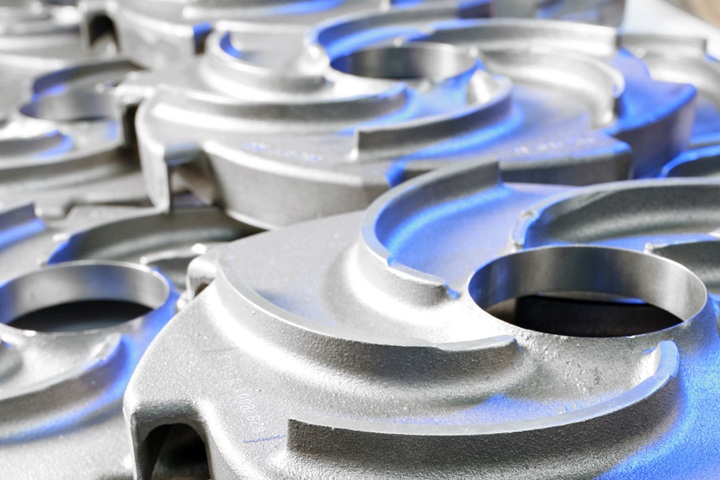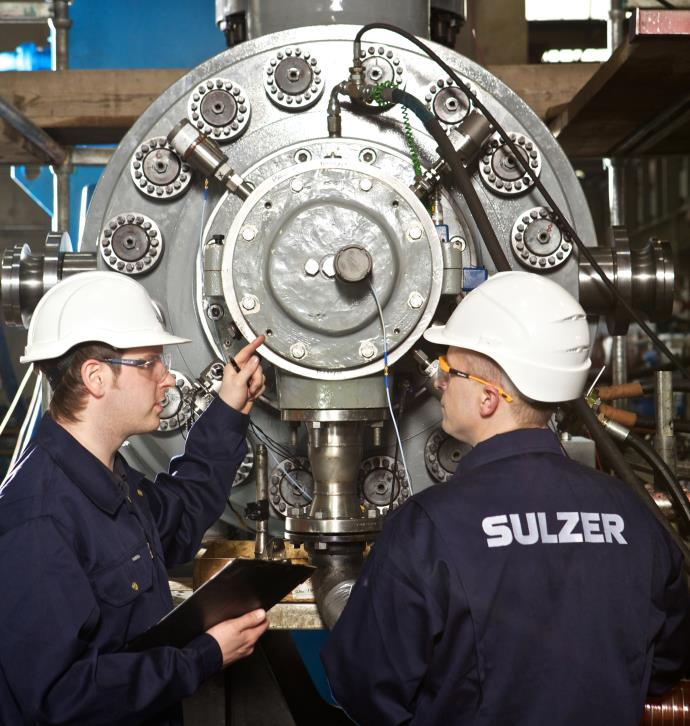Explore our solutions
-
Inspection and analysisInspection and analysis provides you with the confidence of knowing the condition of your equipment. Maintenance and overhauls reduce the risk of failure and additional costs and knowing the condition of your equipment provides an opportunity for modifications to reach optimized performance levels.












